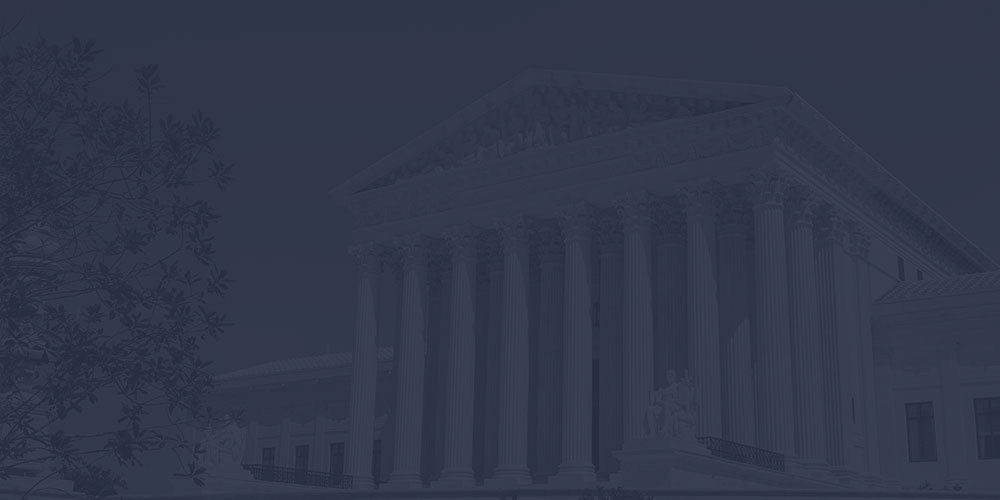Most personal injury attorneys are somewhat familiar with naming experts, in that many cases often require the same. However, both attorneys and represented parties must be on the lookout for certain pitfalls that could result in serious problems in a case, including a ruling by the court preventing an expert from testifying in a case (which may lead to the party becoming unable to prove their case).
To begin, the Federal Rules provide for two types of experts, the retained expert and the non-retained expert. Briefly, the retained expert is someone qualified in their field to provide expert opinion testimony and is hired on behalf of a party to provide that information. Retained expert witnesses often include doctors, engineers, and other consultants who were specifically employed by a party to provide an opinion as to a certain set of facts.
A non-retained expert is also someone who is qualified in their field to provide expert opinion testimony but has not necessarily been hired to provide such testimony by the party wishing to elicit the testimony. Non-retained experts often include doctors who treated an injured plaintiff, government employees who investigated an accident and engineers who worked on a defective product.
Upon a closer look, the Federal Rules not only provide a significant amount of insight as to the process of disclosing these experts but also may lead to certain issues for those not necessarily experienced with the same. For example, Rule 26(a)(2) states that a retained expert witness disclosure must include the identity of the witness and a written report prepared and signed by the witness. The report must include:
- A complete statement of all opinions the witness will express and the basis and reasons for them;
- The facts or data considered by the witness in forming them;
- Any exhibits that will be used to summarize or support them;
- The witness’s qualifications, including a list of all publications authored in the previous 10 years;
- A list of all other cases in which, during the previous 4 years, the witness testified as an expert at trial or by deposition; and
- A statement of the compensation to be paid for the study and testimony in the case.
For the most part, many litigators are able to comply with the requirements of disclosing a retained expert. The trouble comes when a party plans to elicit certain testimony from a non-retained expert, in that, oftentimes in state courts, a party may disclose a non-retained expert witness via interrogatory answers or some other form of written discovery. However, the federal rules are a bit different, in that according to Rule 26(a)(2) a party must provide a formal written disclosure that includes:
- The subject matter on which the witness is expected to present evidence under Federal Rule of Evidence 702, 703, or 705; and
- A summary of the facts and opinions to which the witness is expected to testify.
Notably, this disclosure should be a separate document from a party’s initial Rule 26 disclosures and/or a party’s written discovery responses, and a formal designation is likely required. See Karum Holdings LLC v. Lowe’s Cos., Inc., 895 F.3d 944, 950–53 (7th Cir. 2018).
Specifically, when disclosing a treating physician as a non-retained expert in a personal injury matter, the disclosure must contain more than a passing reference to the care a treating physician provided, and must clearly identify the witness, state the subject matter of the expected testimony, and summarize actual opinions. See Slabaugh v. LG Elecs. USA, Inc., 2015 U.S. Dist. LEXIS 38331 (S.D. Ind., March 26, 2015); See also Salesman v. Yellow Ambulance Servs., 2020 U.S. Dist. LEXIS 6687, (S.D. In. Jan. 15, 2020).
Even when preparing the formal disclosure, a party must be mindful that certain information must be provided, in that a disclosure that fails to provide opinions and a summary of the facts that support the opinions may be deemed as deficient. See Martin v. Stoops Buick, 2016 U.S. Dist. LEXIS 98556 (S.D. Ind. 2016).
Without the formal and complete disclosure, the adverse party may argue that he was deprived of the opportunity to depose an expert, challenge an expert pursuant to a Daubert motion, and/or prepare his own expert. These arguments, especially the point that a party was deprived of the opportunity to challenge an expert, will likely resonate with many federal judges, and may result in the court not allowing the expert to testify and the failure by a party to prove their case.
In conclusion, the disclosure requirements are especially important and could result in a negative outcome in a given case if not done properly. If you or your attorney are having trouble with these disclosure requirements, we here at Gausnell, O’Keefe & Thomas, LLC may be able to assist, in that we regularly encounter these types of issues and have a staff dedicated to ensuring that these issues do not detrimentally affect our clients. Feel free to reach out to an attorney at Gausnell, O’Keefe & Thomas, LLC, if you need assistance or would like any further information.
Article by Neil Jackson



